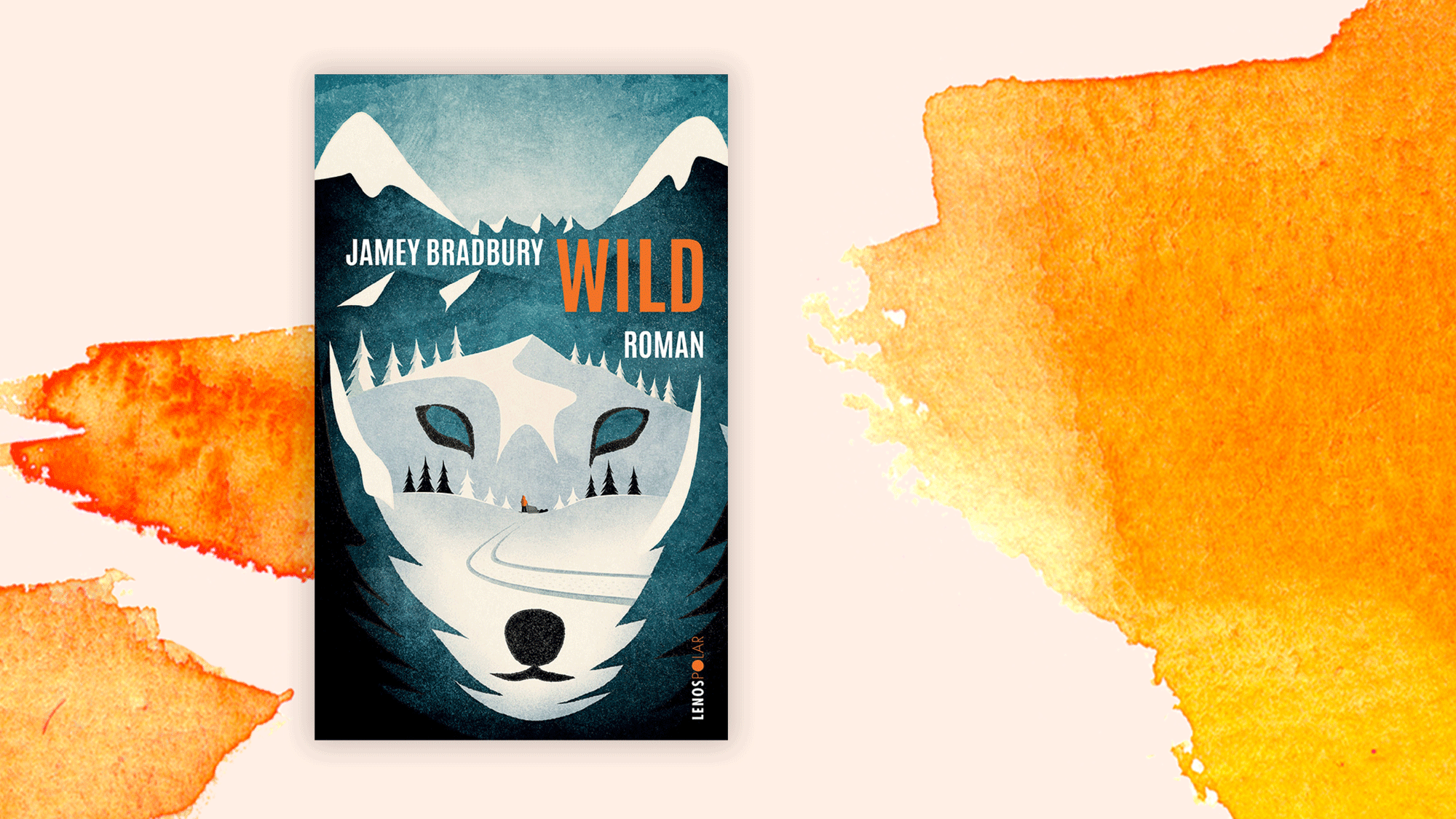It is a strangely timeless Alaska that Jamey Bradbury unveils in his debut novel, Wild. A huge and untouched natural landscape, of seductive beauty, with a large and diverse flora and fauna, clear and clean air, an immense sky, regular seasons with all their forces of nature: snow, rain, storm, fog. The country is sparsely populated, there are few roads, few people use their pickup trucks, contemporary communication technology doesn’t seem widespread, and landline phones are used, if at all. No traces of climate change and exploitation of nature.
The hunter drinks the blood of the prey
In this rough idyll, 17-year-old Tracy lives with her father and brother. Her mother died in an accident some time ago. The family lives by raising sled dogs, the father is a famous former Iditarod musher – the Iditarod is the longest sled dog race in the world which takes place every year, the mushers are the sled drivers.
Tracy can’t wait to follow in his footsteps, better sled runs, riding the Iditarod is also her big dream. She is extremely close to nature, she prefers to wander through the forests, hunting animals is her passion. But not only passion: when she drinks the blood of her prey, she absorbs the experiences, perceptions and energy of the respective animal.
A wounded man in the forest
Her mother, who had the same disposition, had warned her never to drink human blood. A resolution that cannot be kept. Because Tracy wounds a man in the woods, who she believes is attacking her. She is adamant that once he recovers, she will be out for revenge.
Instead, a young drifter named Jesse appears, with whom Tracy falls in love: Jesse is a non-binary person who challenges Tracy’s awakening sexuality. In order to protect herself, her family, and especially Jesse from the unknown injured person, she becomes more and more paranoid, more and more confused–and is heading for a catastrophe.
“Wild” is a fascinating variation on the now popular “Nature Writing,” a novel that uses its “paranormal” elements to blur or ignore traditional boundaries: the lines between man and nature, between intellect and instinct, the lines between gender roles and gender identity.
Between hallucination and harsh reality
Bradbury takes this principle down to the grammatical level of the text, where the narrator’s instance, the “I,” changes in the middle of a sentence. This creates wonderfully fuzzy transitions between hallucination, vision, dream and hard-edged reality. Since Bradbury fortunately rejects any explanation or plausibility that might favor a certain reading – realistic or fantastic – the novel also escapes categorization. It’s not a vampire novel, it’s not country noir or anything. Even at the macro-structure level there are no demarcations, no significant definitions.
That’s why Bradbury doesn’t need Alaska fixed in the context of time, but only a mysterious and domineering nature with which the protagonist eventually merges, so to speak. One can gladly see a utopian moment in this – if people were willing to abolish man-made and artificial borders. “Wild” is a very complex novel that requires considerable attention when reading.


